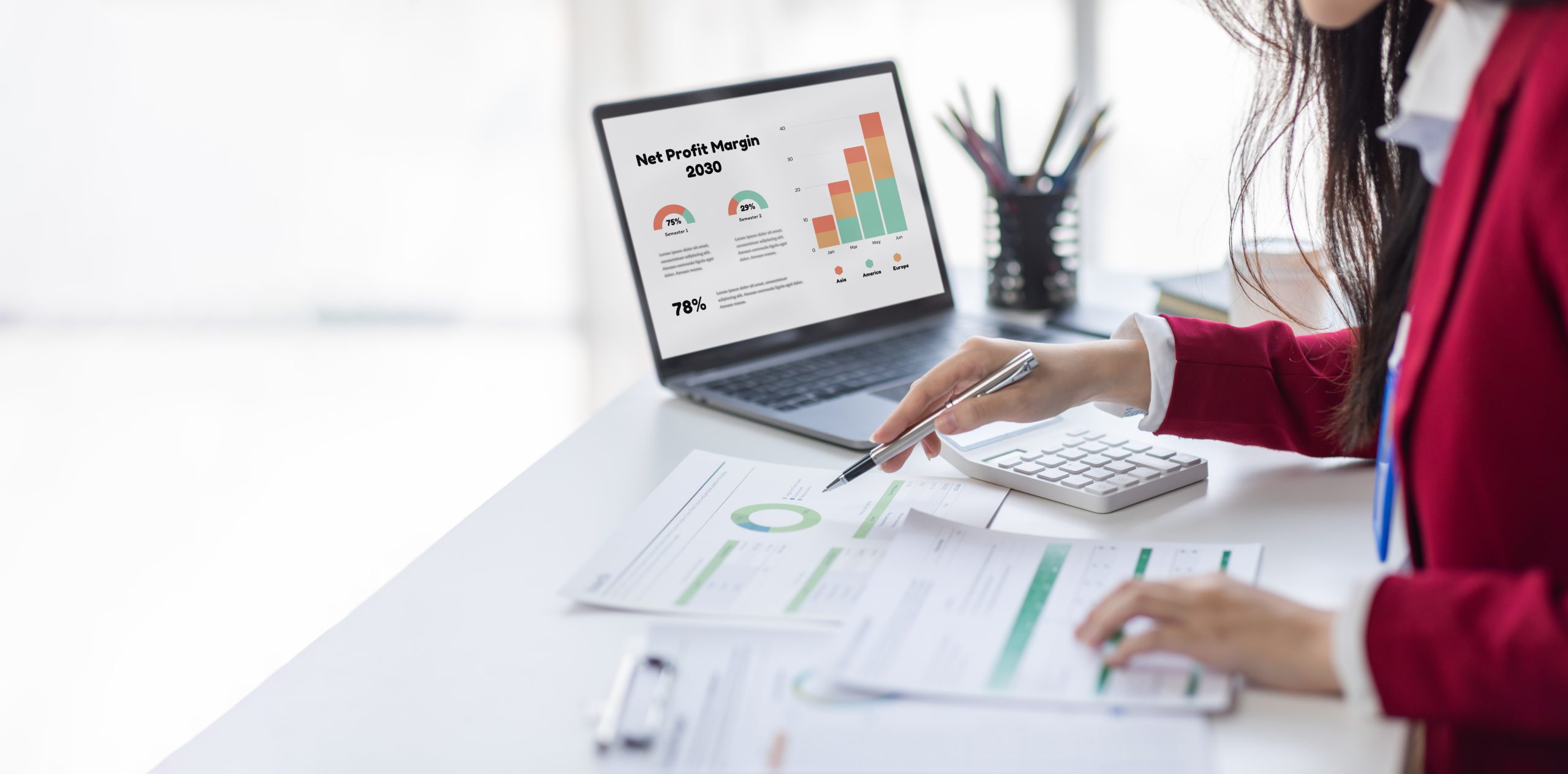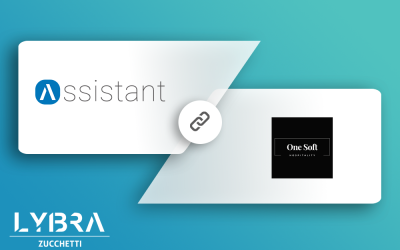In a hospitality industry marked by fierce competition and evolving consumer preferences, dynamic pricing has emerged as an indispensable strategy for success. This nuanced pricing approach, characterized by its responsiveness to market dynamics, plays a crucial role in enhancing key performance indicators (KPIs) for hotels. In this article, we delve into the multifaceted impacts of dynamic pricing on hotel performance, culminating in an exploration of Lybra Assistant RMS, a cutting-edge tool designed to amplify these benefits.
Revolutionizing Revenue Management
Dynamic pricing stands at the forefront of modern revenue management. This strategy, which involves fluidly adjusting room rates based on real-time market data, enables hotels to capitalize on peak demand periods while attracting guests during slower times. By fine-tuning prices in response to factors like competitor rates, local events, and seasonal trends, hotels can significantly elevate their Revenue Per Available Room (RevPAR), striking an optimal balance between occupancy and rate levels.
Optimizing Occupancy Rates
Occupancy rates, a critical measure of success, are directly influenced by dynamic pricing. This strategy maintains higher occupancy rates by adapting to demand fluctuations. Lowering rates during off-peak periods not only fills rooms but also provides an opportunity to increase revenue from ancillary services such as spas, dining, and leisure activities, which are particularly profitable when a steady flow of guests is maintained.
Enhancing Guest Experience and Loyalty
Dynamic pricing, while fundamentally a revenue tool, also has a significant bearing on guest experience and loyalty. By offering rates that reflect current market value, hotels can enhance guest perceptions of fairness and value. This, in turn, fosters guest satisfaction and loyalty, leading to repeat visits and positive word-of-mouth referrals. In the long run, this strategy bolsters the hotel’s brand and strengthens its market position.
Dynamic Pricing: A Necessity, Not an Option
In the digital era, where market conditions change rapidly, dynamic pricing is no longer a luxury but a necessity for hotels. Static pricing models fail to capture the nuances of the market, often leading to missed opportunities and revenue leakage. Dynamic pricing enables hotels to remain agile and responsive, adapting to changes in demand and competitor actions swiftly. This agility is essential not only for survival but for thriving in a highly competitive and ever-changing market.
Boosting Efficiency and Decision-Making
Dynamic pricing is underpinned by data analytics, providing hoteliers with a wealth of insights for informed decision-making. By analyzing patterns in booking trends, market fluctuations, and customer preferences, hotels can develop a more nuanced understanding of their market. This informed approach to pricing allows for more strategic and efficient decision-making, positioning hotels to proactively rather than reactively respond to market changes.
Leveraging Competitive Advantage
In a crowded market, dynamic pricing provides a significant competitive advantage. Hotels that effectively implement this strategy can navigate demand fluctuations more skillfully than their competitors, capturing a larger market share. This pricing agility helps hotels to stay ahead, appealing to a wider range of customers and securing a stronger position in the industry.
Improving Financial Health and Stability
Dynamic pricing contributes to a hotel’s financial health by optimizing revenue streams and ensuring better utilization of resources. This proactive pricing approach helps in maintaining a healthy balance sheet, enhancing the hotel’s ability to invest in upgrades, marketing, and other growth initiatives.
The Future of Pricing: Data-Driven Strategies
The trajectory of hotel pricing is increasingly leaning towards sophisticated, data-driven methodologies. With the integration of big data and advanced analytics, hotels can refine their dynamic pricing strategies to achieve even greater KPI improvements. This trend underscores the importance of investing in technology that can harness these vast data sets effectively.
Dynamic pricing has proven to be a game-changer in the hotel industry, offering a pathway to enhanced KPIs across various fronts. From revenue optimization to guest satisfaction and competitive positioning, the strategy’s benefits are comprehensive and impactful.
Introducing Lybra Assistant RMS
To harness the full potential of dynamic pricing, hotels can turn to innovative solutions like Lybra Assistant RMS. Our advanced system utilizes artificial intelligence and machine learning to analyze market trends and automate pricing decisions. Lybra Assistant RMS represents the future of revenue management, enabling hotels to maximize their performance and stay at the forefront of the industry.
Book a Free Demo Now
Discover how Lybra Assistant RMS can boost your hotel’s profitability. Book a free demo now to see the difference it can make in optimizing your dynamic pricing strategy and enhancing your hotel’s overall performance.










